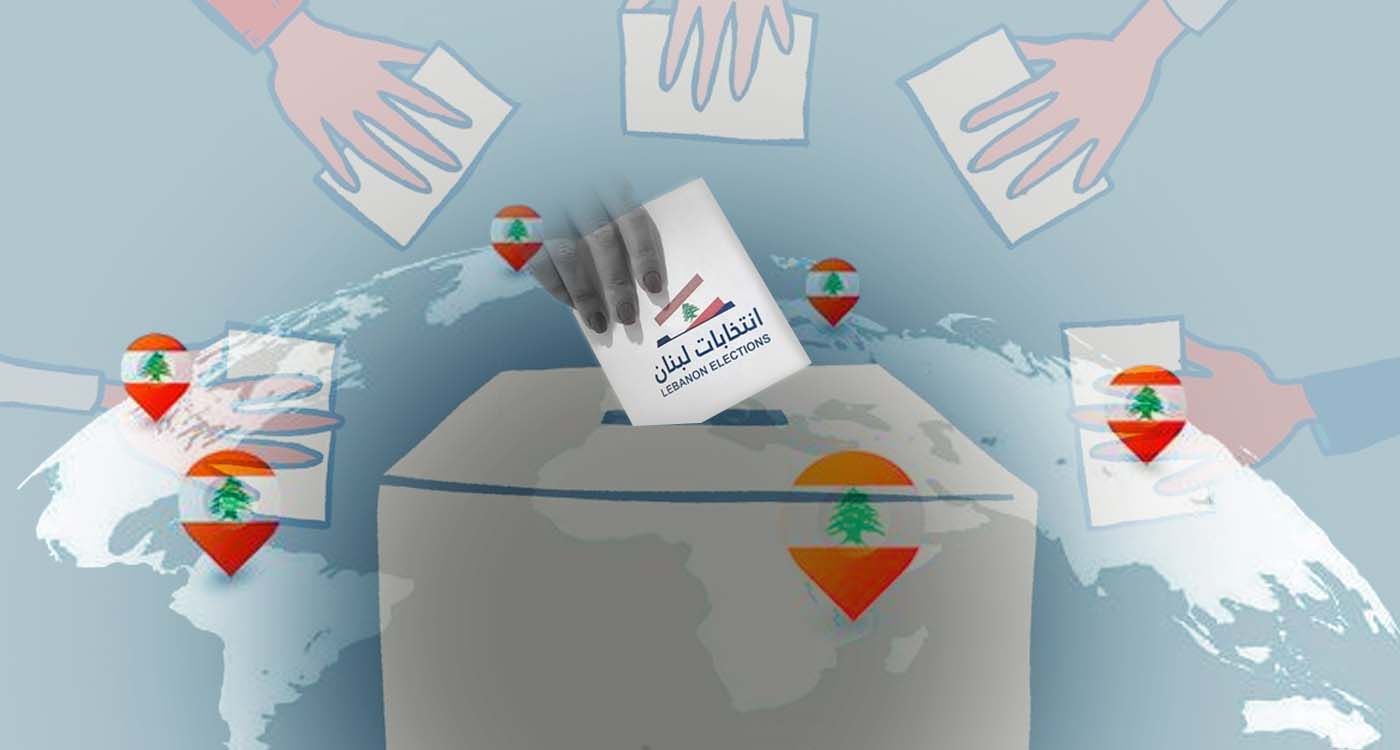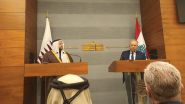
The most recent parliamentary session exposed deep divisions among Lebanon’s political forces over the electoral law – particularly on the issue of expatriate voting. The rift was so intense it raised concerns that the entire electoral process could be derailed, especially by parties whose interests have been harmed by recent local, regional and international developments.
The clash between the Amal-Hezbollah alliance and the Free Patriotic Movement (FPM) on one side, and the Lebanese Forces (LF), Kataeb, independents and Change MPs on the other, has breached established norms, traditions and even Parliament’s own rules. At its core, this dispute reflects the broader struggle over Hezbollah’s disarmament.
However, observers familiar with Lebanon’s political landscape believe the issue will ultimately be resolved by maintaining the system that allows expatriates to elect all 128 MPs, as in previous elections, and that the vote scheduled for May 2026 will proceed as planned.
Sources close to the LF assert that elections cannot proceed unless expatriates are allowed to vote for all 128 MPs. They also maintain that elections must be postponed until the government enforces its monopoly on weapons. Electing representatives while an armed faction wields unchecked power is unacceptable, evidenced by the municipal elections, where the Shia duo leveraged their strength to secure uncontested wins in 93 municipalities. They warn this tactic will be repeated in the parliamentary elections to maintain control over all 27 Shia seats.
Hezbollah justifies retaining its arms by citing Israel’s ongoing occupation of Lebanese territory. The Amal-Hezbollah duo fears that disarmament before the elections would fragment the Shia vote, redistributing loyalties as seen in other sects, and potentially cost them the parliamentary speakership. As a result, they prefer to delay the elections – an approach also backed by the FPM – given that the current local and international conditions do not favor their bloc.
Hezbollah is expected to demand significant concessions in exchange for disarming, aiming to secure influential positions within the government and the deep state, such as deputy president, prime minister or key roles in military and financial institutions, citing precedents set by the Taif Agreement. They believe these gains will ensure continued control over all Shia MPs under their coalition.
Additionally, Hezbollah will require guarantees for disarmament, including immunity from prosecution for its members and protection from retaliation by the new Syrian regime under President Ahmad al-Sharaa, given their support for Assad’s government during the uprising and efforts to prevent its collapse.
Visitors to Baabda Palace report that President Joseph Aoun remains committed to holding the elections on time, just as the municipal elections were conducted on schedule. Prime Minister Nawaf Salam has also reiterated that the elections will proceed as planned, with no grounds for postponement or cancellation. He stressed that the dispute over expatriate voting will be resolved and will not be allowed to undermine the electoral process. There are no insurmountable obstacles to holding the vote; upcoming developments are expected to favor its smooth conduct.
In support of the electoral process, Maronite bishops from the diaspora sent a letter to President Aoun following their June 2025 conference in Lebanon. In the letter, also addressed to the Speaker of Parliament, Prime Minister Salam and various parliamentary blocs, the bishops demanded the repeal of Article 112 of the current electoral law, which limits diaspora representation to six MPs.
Amid these developments, sources at Baabda report that President Aoun is urging all political factions to reaffirm their commitment to the Taif Agreement – describing it as the sole pact endorsed by all parties that ensures power-sharing and balanced decision-making. Both local and international stakeholders continue to view Taif as the cornerstone of Lebanon’s constitutional order and the key framework for addressing the country’s political crises.
The Vatican’s Secretary of State previously urged Christian leaders to abandon divisive rhetoric outside the Taif framework that risks sectarian partition, emphasizing the need for full commitment to the agreement. He highlighted that Lebanon’s identity lies in its coexistence between Muslims and Christians, not in the dominance of one side over another. Lebanon’s sectarian duality reinforces coexistence, fostering interfaith dialogue and cultural exchange, making the country a model worthy of emulation.



Comments